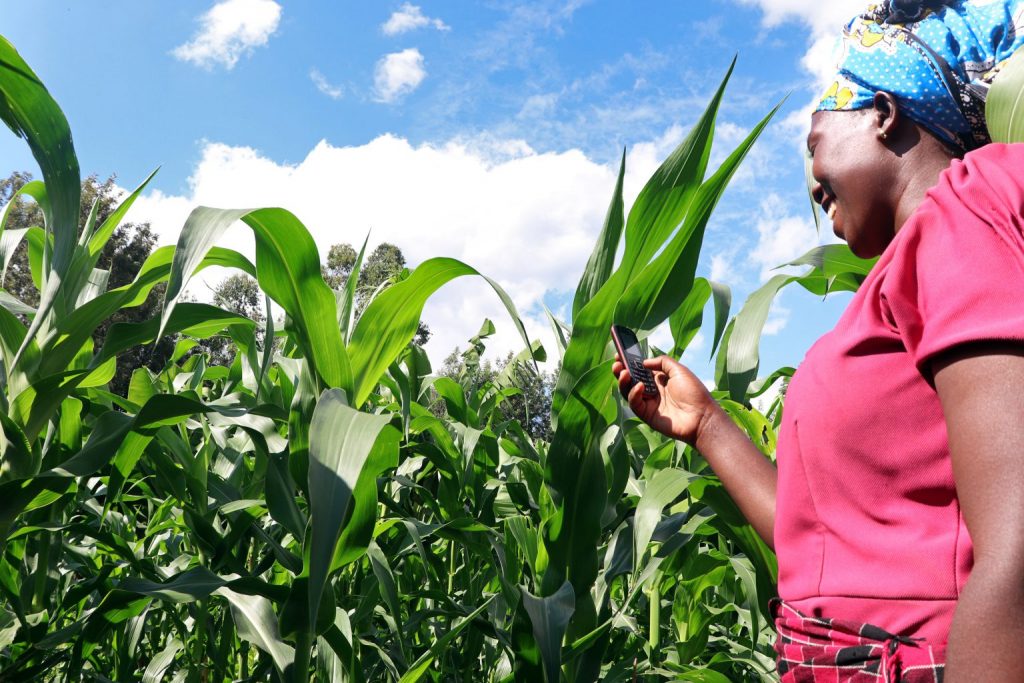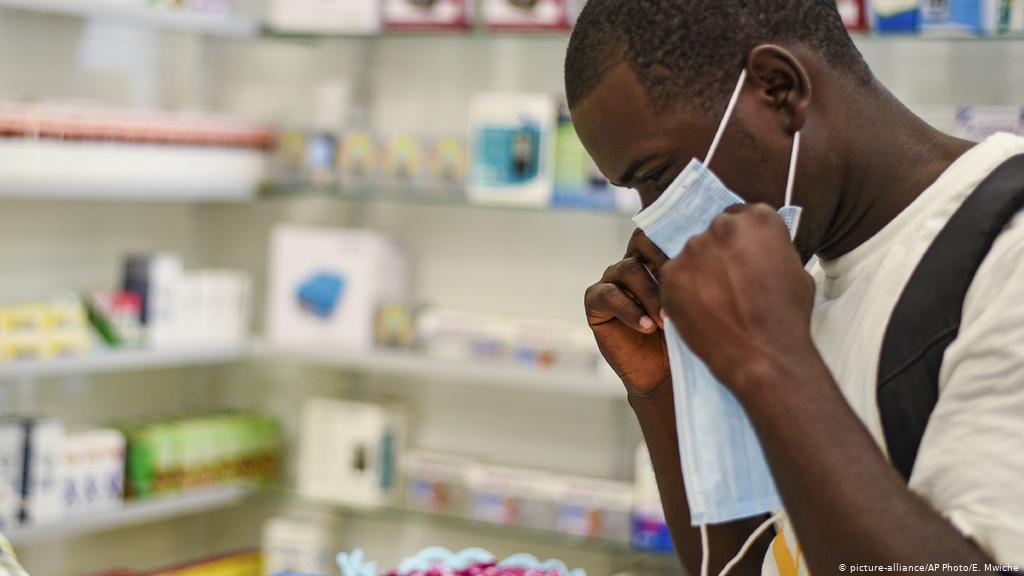- AmCham Summit kicks off, setting course for robust future of US-East Africa trade ties
- Why the UN is raising the red flag on the UK-Rwanda asylum treaty
- Portugal’s Galp Energia projects 10 billion barrels in Namibia’s new oil find
- Wärtsilä Energy offers tips on how Africa can navigate energy transition and grid reliability
- Powering Africa: Africa’s Path to Universal Electricity Access
- Global investment trends at AIM Congress 2024: a spotlight on the keynote speakers
- South Africa’s deepening investment ties in South Sudan oil industry
- Agribusiness could drive Africa’s economic prosperity
Browsing: COVID-19 Economic Impacts in Africa
U.S. dollar is muscling it up against gold, but the precious metal just wont let up, not with the threat of a second Covid-19 outbreak as new cases emerge.
In Africa, the big gold miners, Tanzania is one of the countries that made some good money out of the increased demand for gold during the height of the Covid-19 global pandemic. However, over the past month, World market prices for gold declined slightly due to decrease in global demand as economies begin to stabilize
Actually, the prices for several selected commodities were lower in the year ended March than in the preceding month with the exception of Arabica coffee,” reports the Bank of Tanzania (BoT) monthly economic review.
As economies start opening up, Tanzania gold export is expected to remain strong however gold futures reported a second loss in a row at the end of June. This slight dip by …
Due to the COVID-19 pandemic, at least 195 million people around the world will be jobless in the next 90 days (3 months) said a report by the International Labour Organisation (ILO).
International Labour Organisation estimates that almost 38 per cent of the global workforce which represents 1.25 billion workers are employed in sectors such as accommodation, food services, manufacturing and retail trade that are facing a severe decline in output and a high risk of unemployment.
Wholesale and retail segments have the biggest share of workers with 482 million workers who are lowly paid and unprotected while the most affected sector accommodation and food services account for 144 million workers.
According to the ILO report, the food and accommodation sector is suffering from almost full closure in some countries.
The manufacturing sector employs 463 million workers has also been greatly affected by the pandemic with factories closed, workers asked …
Beyond the COVID-19, the food and agriculture landscape in Africa will change because of the pandemic in terms of processing and value addition, agri-food e-commerce among others according to a report by Selina Wamucii
The report titled “Impact of COVID–19 on Africa’s Agriculture: What the Coronavirus (COVID–19) Means for African Family Farmers and Fishermen”, shows how the food and agricultural landscape across Africa will be shaped by new developments in the future.
1. Processing and Value Addition
According to the report, due to the COVID-19 pandemic most countries supply chain got interrupted with boarders closing among others, therefore, to ensure this does not happen again in case of another pandemic, countries will seek to reduce reliance on cross-border imports mostly on food and have control of their food own production.
With the closed borders, African countries that export raw and unprocessed fresh produce to other markets have been affected greatly …
The African Development Bank (AfDB) raised $3 billion in a three-year bond to help lift the economic and social impact that the COVID-19( Coronavirus) pandemic will have on Africa’s economies and people’s livelihood.
In a statement, the AFDB noted that the ‘Fight COVID-19’ Social bond has a three-year maturity and will amass interest from bank treasuries, central banks and official institutions and asset managers and investors who are socially responsible with bids exceeding $4.6 billion.
At 53 per cent, Fight COVID-19 social bond was allocated to central banks and official institutions and asset managers at 20 per cent bank treasuries at 27 per cent while in the Final bond distribution statistics Africa got 8 per cent.
The social bond that will pay an interest rate of 0.75% is the largest dollar-dominated bond ever launched in international capital markets to date as well as the largest US dollar bench bank the …
The International Monetary Fund (IMF) Executive Board approved $165.99 million to help the Republic of Madagascar to address the urgent balance of payment that needs stemming from the outbreak of the COVID-19 pandemic.
The funds were under the Rapid Credit Facility (RCF). RCF provides rapid concessional financial assistance with limited conditionality to low-income countries (LICs) facing an urgent balance of payments need.
Madagascar’s economy has largely been affected by the coronavirus pandemic with the country’s tourism dramatically declining, trade and investments declining as well as interferences in the manufacturing and mining exports.
The government of Madagascar is taking immediate actions to mitigate the shock of the COVID-19 pandemic by putting immediate fiscal measures to strengthen social protection and support the most vulnerable in society.
Suspension of fees and social contributions to aid the private sector in the country, donating staple food and also providing liquidity to preserve the stability of …
The novel coronavirus (COVID-19) is creating chaos all over the globe, taking lives, unevenly infecting a large number of people over space and time, and also affecting markets performance. Despite, these scenarios, African nations are keeping up the fight in curbing the virus impacts.
The continent’s central banks are trying to cushion their respective nation’s economies against the impact of the COVID-19 pandemic.
According to information from Bloomberg, as many central banks in the region of more than 1.2 billion target inflation and have to prop up volatile currencies, they have also used non-traditional policy tools, to cut interest rates to salvage economic growth and encourage more lending to consumers and businesses.
The pandemic which has infected more than 1 million people and killed over 69,000 people worldwide is hurting fragile African economies so bad.
According to a study conducted by African Union, the previously projected Gross Domestic Product (GDP) …










